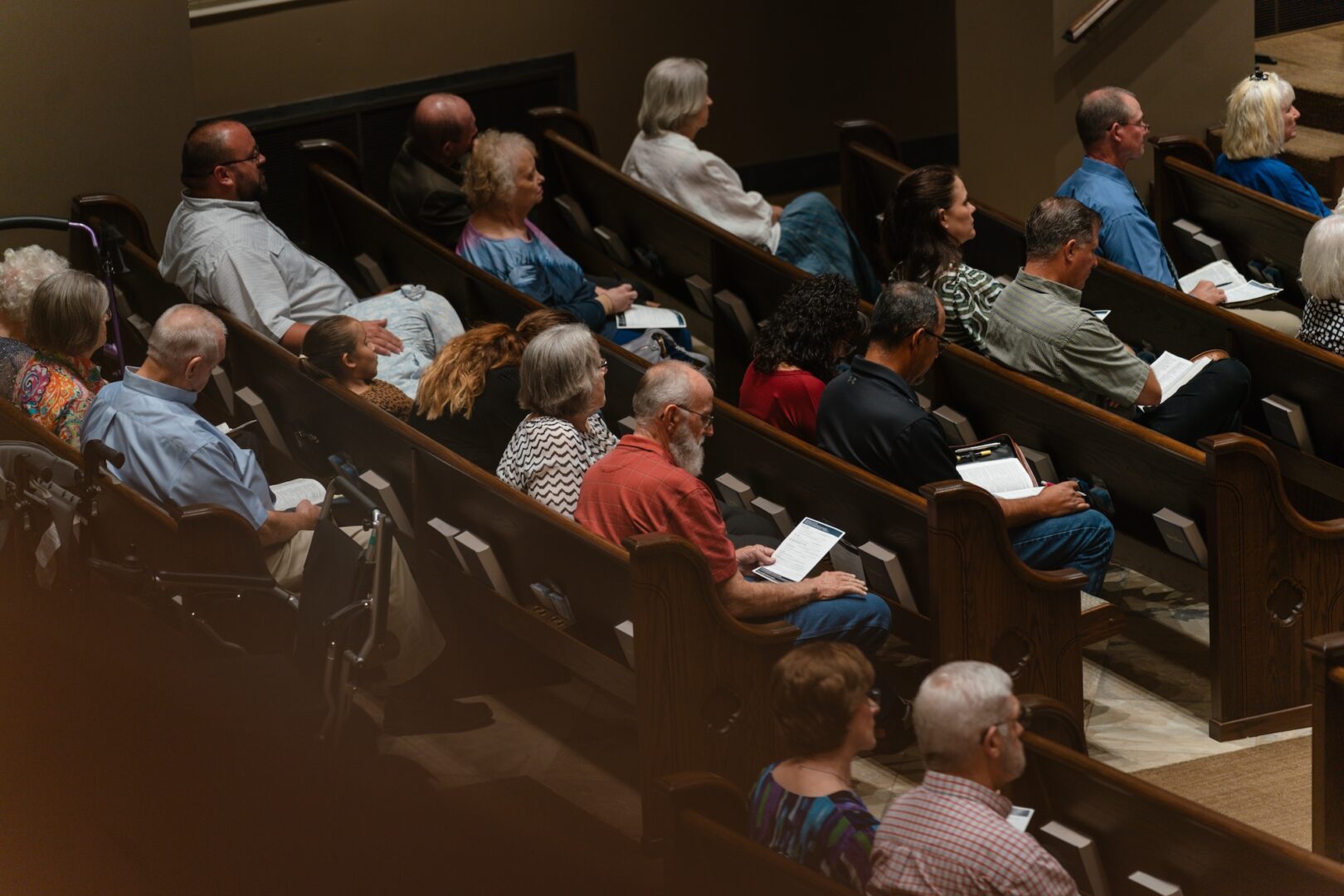Can you think of an effective preacher — someone you admire and want to imitate? Can you put yourself into his shoes and imagine yourself preaching to his audience? This is how learning to preach starts – by imitation. Preachers imitate their influences’ voices, articulation, gestures, movements, methods, and thoughts. This can be so extreme that sometimes it is very easy to tell who one imitates by simply listening to the way he speaks. There are so many carbon copies and not so many authentic preachers. Yet, no matter how hard people try to copy each other, it is still not the same. Something is missing. The truth is, you will never be someone else, and it takes more than imitation to become as effective as someone else. Delivering a great sermon takes the entirety of a preacher’s person. This is why preparing to preach is at least 90% of the preacher preparing himself and 10% or less preparing a sermon.
While we struggle to preach without a transcript or an outline to retain more contact with the audience, there is an old way of preaching that is even more hard-core in this regard. It was called extemporaneous preaching. It would probably be called impromptu preaching today. The preachers of great revivals like George Whitefield and Charles Wesley used this method to preach for hours in the open air and indoor settings. It afforded no time for sermon preparation or room for notes or transcripts. The emphasis was on preparing a preacher and not a sermon. To preach extemporaneously, you had to be so saturated with the Word of God that, when you allowed the Holy Spirit to take the words of Christ and declare them to the world (John 16:14), the endless rivers of living waters would begin to flow through you (John 7:38). All the Scriptures you have read, processed, and experienced, would suddenly begin to overflow your heart and come out through your mouth (Luke 6:45).
Consider Clement of Rome and his first letter to the Corinthians. His beliefs included some questionable ideas. For instance, he believed that the phoenix was a real bird and used it as an illustration for the resurrection of Christ (1 Cor. 25). I am so thankful that Jesus commissioned us to preach the gospel and not the beliefs, doctrines, traditions, or philosophies of men, which also include church fathers. Otherwise, it would be extremely difficult to distinguish the truth from a myth or to make a case for the existence of a mythical creature. However, I was exceedingly impressed by how Clement was saturated with the Scriptures. He spoke by quoting biblical texts. The Bible seemed to become his second language. When the Scripture is your influencer, you begin to speak the way it does. Then, not only do your sermons become text-driven, but you also become text-driven. When you are so packed with the Scriptures, you cannot help but bring the treasures of your heart out. By preparing yourself rather than your sermons, you become ready to preach anywhere, any time, and to anyone. Then, instead of worrying about what to say, you will rather worry about how to stop talking (Jeremiah 20:9). Paul encouraged a young preacher named Timothy by saying: “Preach the word; be ready in season and out of season” (2 Timothy 4:2). Notice the command to be ready, not just get your notes, outlines, or transcripts ready.
Extemporaneous preaching, however, has its rather obvious weakness. Since you do not spend time researching the text, putting things together, proofreading, and removing excess information, your sermons, though being more genuine, do not come out polished and concise. This does not mean that extemporaneous preaching lacks effectiveness. Paul clearly admitted that his sermons were not polished, but he made up for this shortcoming with the knowledge of God’s Word that he carried in his head and heart everywhere (2 Corinthians 11:6). For a sermon to be effective, it does not need to be witty, ornate, polished, or doctrinally packed. We all want to preach effectively. We read books, go to conferences, and listen to speeches to see how more effective preachers do it. We look to imitate them and their methodology. Then, we wonder why a copy does not work as well as the original. This is because methods are not the most crucial element. Methods can vary. The effectiveness of a sermon depends more on the preacher. You must inwardly grow into the same inner conviction of the necessity of using particular methods. Simply mimicking someone and thinking that methods by themselves will produce results will eventually disappoint. Answering the “why’s” should always precede the “what’s.”
To say that a preacher’s preparation is more important than a sermon preparation is to say nothing. A personal walk with God, openness with the Holy Spirit, moral and spiritual cleanness, constant abiding in the Word and dissolving oneself in it, being filled with the Holy Spirit – these are non-negotiables for any preacher. Then pair personal preparation with sermon preparation. If an unpolished, lengthy, and disorganized extemporaneous sermon, overly loaded with unnecessary details delivered by a prepared preacher can be highly effective, what would it become, if it was refined, if not a sermonic masterpiece? Of course, we can preach the gospel in an unrefined way, but Jesus deserves our best in both kinds of preparation. Don’t you think?








